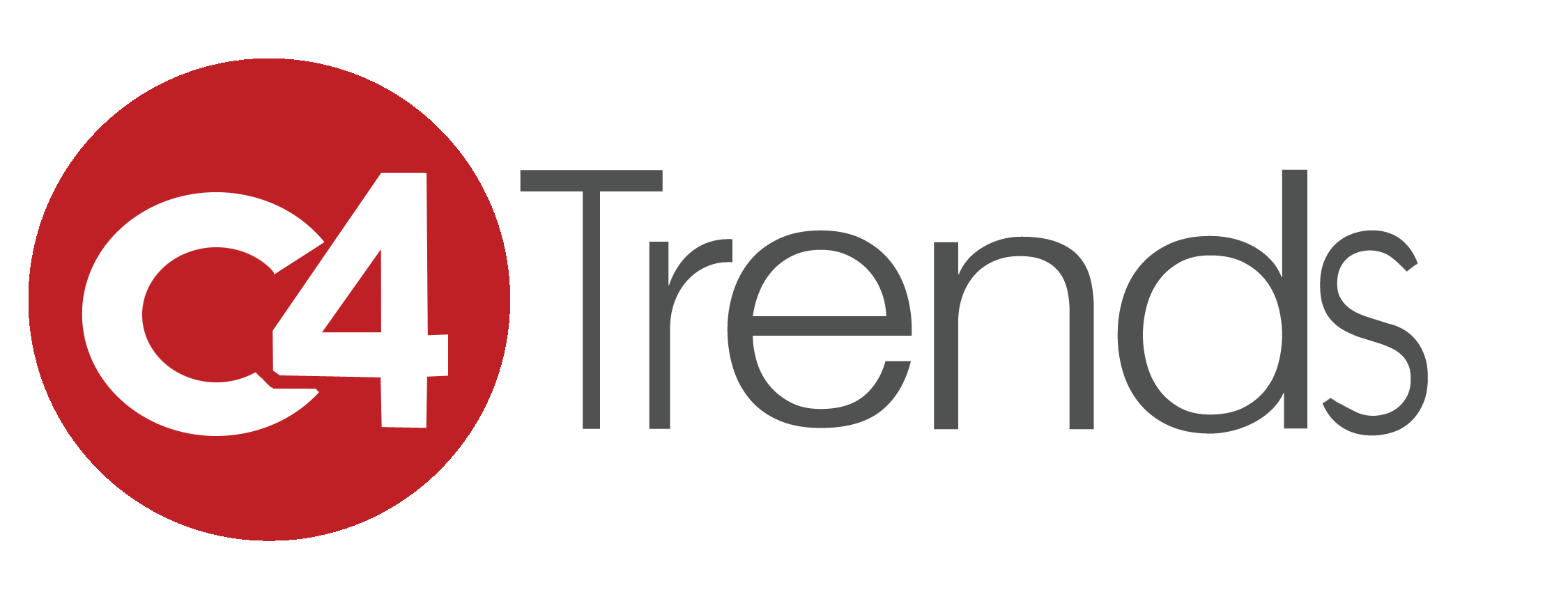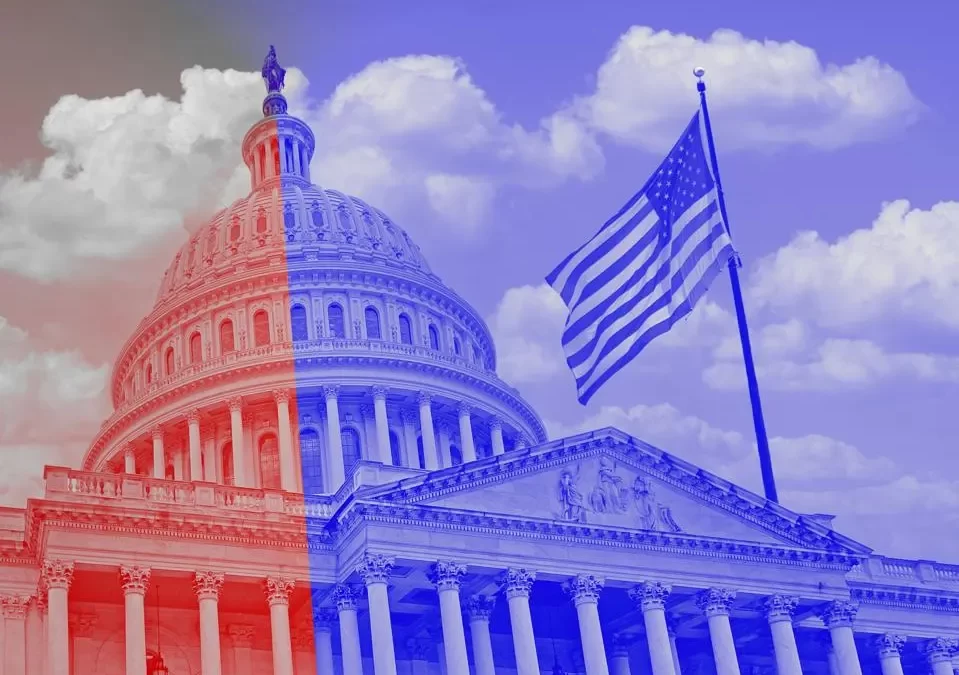It has long been said that religion and politics shouldn’t be discussed in polite company, but that isn’t a problem on social media, where discussions are rarely polite. If anything, the debate becomes unnecessarily heated, and common ground is nowhere to be seen.
Few of the platforms’ developers likely expected this, even as there was already past evidence that those with strong opinions would use social media as a digital soap box to promote their beliefs. The same had happened with Usenet Groups in the 1990s and online forums in the early 2000s. Yet, MySpace, Facebook, Twitter and the apps that followed were meant to be different – at least until they weren’t.
“Social media transformed and reinvented the media landscape in ways the founders failed to anticipate,” said technology industry analyst Susan Schreiner of C4 Trends.
Whereas Usenet and digital forums required users to seek out such debate and discourse, social media is able to deliver it to the masses. That in turn has amplified each discussion like never before, and in recent years that has centered on all things politics – and not all of the information being shared is factual.
“While social media platforms were created by brilliant yet idealistic and naive nerds, innovators and entrepreneurs – these talented early founders lacked the vision, imagination, and foresight to anticipate the unintended negative consequences of their algorithms as their business models devolved into click-based platforms that promote chaos, misinformation, discord, and controversy,” Schreiner explained.
Gone are the innocent days when the founders of social media architected their platforms to serve as a town square for sharing and friendship.
“They clearly failed to consider safeguards that protect people’s safety, privacy and encourage civil discourse,” Schreiner added. “Instead, these platforms have deteriorated into a cesspool – especially at the intersection of social media and politics. The information shared on social media platforms resembles a boxing match – with punches and counter-punches. Over the past eight years, social media platforms have been skillfully manipulated to provoke anger, rage, fear, and distrust, setting individuals and groups against one another.”
The Echo Chamber Grows Louder
It isn’t just that people are quick to post; it is that each strong opinion from a few high profile commentators sets off a wave of responses. That is further amplified due to the echo chamber that social media has become – but few of the comments are likely to change the view from those on the other side. If anything, it serves as a reminder of how far apart we are on most central issues.
“First, there’s the issue of excessive posting,” warned Tamara Zellars Buck, J.D., mass media professor and chair at Southeast Missouri State University.
“We’re living in a time when the first business of the day is picking up our phone and scrolling to see what we’ve missed. We don’t just want to see that content, we want to respond to it and share it,” said Buck. “We get inspired to give our own take on what we see, so we share posts and add our thoughts. Then we see something and do it again, and again.”
Then there is the issue of sharing too many details, personally held opinions, and emotional outbursts.
“I was always taught ‘Everything ain’t for everybody.’ This means you don’t have to share every thought or opinion that comes to mind,” Buck added. “Unfortunately, we’ve lost the filter in digital spaces, perhaps because we’re taking our devices into deeply personal spaces. From there we are sharing everything from closely held beliefs, to medical results, to relationship conflicts. It’s too much, and only when there are dire consequences do we decide we consider thinking before we post or locking down our audiences.”
That has resulted in a cycle of excessiveness that doesn’t stop until the audience either “unfollows” or “snoozes” the poster, Buck noted.
“In the past, we would only hide these posts to preserve relationships, but as things have become more polarized, we’re seeing more people are willing to end relationships digitally and in person rather than continue to be overexposed to a person’s viewpoints,” she added. “Just like when we meet a person who won’t stop talking in person, our audiences are literally and figuratively walking away.”
However, the social media founders have barely acknowledge the shortcomings this has created. Instead, because it keeps users engaged, the platforms are likely to profit from it.
“In hindsight, without built-in guardrails, the social media founders knowingly attempted to tackle their platforms’ increasingly apparent limitations through moderator panels, among other strategies,” said Schreiner. “Now we realize how those noble efforts emerged, and are now fading under seemingly political factors.”
Fueling The Great American Divide
Where social media significantly differs from the Usenet Groups of old, and even most forums, is that the moderators have largely been removed. That has only served to increase the volume rather than lower it.
“Some may see their viewpoints as existentially important and feel compelled to speak out publicly, hoping to persuade others to do the same,” suggested Jake Telkamp, assistant professor in the Hull College of Business at Augusta University.
He further cautioned that while people are free to share what they want, they must also understand that people may disagree with their opinions, and those disagreements could have professional consequences. That could certainly be true for those in the government sector.
“Expressing political opinions can strengthen connections with like-minded friends or colleagues but may also cause those with differing views to distance themselves,” said Telkamp. “This also overlooks the question of whether exclaiming your opinions on social media has any real impact on the issues you care about. Right or wrong, ideologies impact our professional judgments of others’ work ability and fit more than they probably should.”
However, the bigger concern should be that by allowing and perhaps even promoting a ‘them versus us’ mentality, social media has effectively polarized populations by providing a constant stream of disinformation alongside biased, one-sided perspectives and outrage.
“This polarization has led to the creation of echo chambers where individuals seek out platforms that reinforce their viewpoints instead of being open to more bipartisan perspectives and civil dialogue,” said Schreiner. “Now imagine, how different social media and political discussions would be if these founders had the foresight to architect guardrails for safe discussion from the beginning. Are there lessons to learn as AI unfolds and becomes ubiquitous?”

